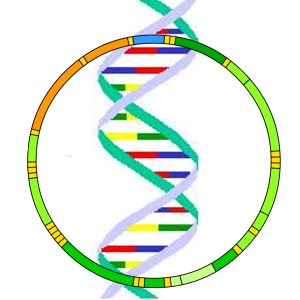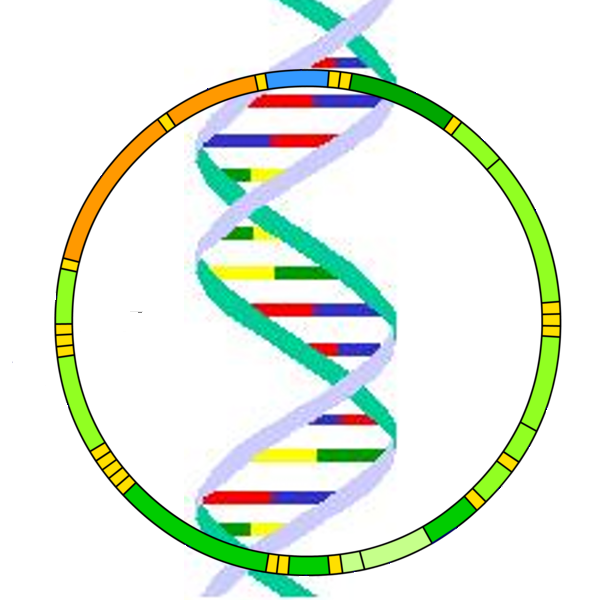Date Posted: April 7, 2011
Print Edition: April 1, 2011
By Alex Watkins (News Editor) Email
 Scientists at Europe’s Institute of Cancer research have now published a study detailing their latest findings: the group has identified four new genetic factors that increase an individual’s risk of developing chronic lymphocytic leukemia (CLL) – the most common form of the cancer leukemia in adults. These factors have been added to the six previously confirmed ones, and have helped scientists to determine not only that the risk of CLL may be passed on genetically, but that it is determined by a number of genetic influences rather than simply one, according to Reuters.
Scientists at Europe’s Institute of Cancer research have now published a study detailing their latest findings: the group has identified four new genetic factors that increase an individual’s risk of developing chronic lymphocytic leukemia (CLL) – the most common form of the cancer leukemia in adults. These factors have been added to the six previously confirmed ones, and have helped scientists to determine not only that the risk of CLL may be passed on genetically, but that it is determined by a number of genetic influences rather than simply one, according to Reuters.
The study – published in the scientific journal Nature Genetics on Wednesday – found that while individuals may possess any number of genetic risk factors, the occurrence of many made an individual more likely to develop CLL. In fact, individuals who were found to have more than 13 risk factors (both genetic and otherwise, such as exposure to benzene or high levels of radiation) were seven times more likely to one day have the disease than the average person. Additionally – according to Reuters – it discovered that 87 per cent of all people living with CLL have at least one of the ten known genetic traits.
As the Canadian Cancer Society (CSS) explains, all forms of leukemia arise from abnormal activity of the blood stem cells (or immature blood cells) produced within an individual’s bone marrow, which typically develop into either red blood cells, white blood cells, or platelets. Leukemia occurs when these cells develop instead into abnormal blood cells referred to as leukemia cells – these cells can crowd out all other blood cells and thus compromise the functioning of an individual’s circulatory system. The CSS notes that in 2006, 1913 Canadians were diagnosed with CSS for the first time; additionally, 541 Canadians died as a result of the disease.
Researchers first determined that the disease was genetically influenced by “activating” a specific gene – known as Npm1 – and observing that it allowed cells to replicate more quickly, a known sign of cancer. However, as two thirds of the mice tested still did not develop leukemia, they found that there must be other genetic changes involved as well – according to BBC. The researchers then sought to determine which other types of genetic mutations played a part by randomly mutating different sections of DNA and recording which test subjects developed cancer.
Determining the genetic causes of CLL, according to consultant hematologist Dr George Vassiliou of the Wellcome Trust Sanger Institute, is of vital importance in deciding how to treat it. As he told BBC: “Identifying the biological steps in turn means we can look for new drugs to reverse the process.”
“Getting new drugs to patients could take decades, but what can happen sooner is using drugs which are already on the shelf, but in a more targeted way,” he continued.
Dr David Grant, scientific director at Leukemia & Lymphoma Research – the charity that funded the study – said: “New designer drugs [that] target specific genetic mutations are proving increasingly effective in the treatment of blood cancers.”
Grant empazised in his statement that even given the importance of these findings and the growing effectiveness of drugs that target such mutations, there is still much to explore.
He told Reuters: “This research is providing the genetic evidence that an increased risk of developing CLL can be inherited… However it is clearly a complex picture and we need to study more families before we can be certain of the particular genetic traits that are most important.”


